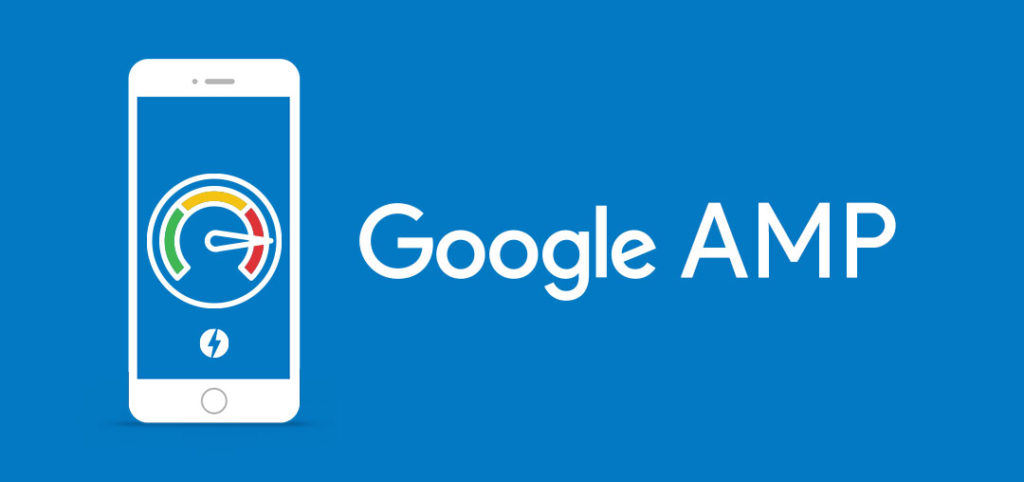So, your online competitor, the one who keeps pushing your website down on Google’s result pages, has a great budget to pay for the quality directories submissions and press releases, a horde of writers who guest post for him – and you’re just a small business trying to get a piece of that pie that is your place in Google’s results. If you know anything about SEO, your first impulse could easily be to just give up right away; and that impulse would be wrong. There are things that you can do to grab the audience that is looking for you, and to claim your place in search results, things that can work in your favor even though you’re smaller.
Big brands are slow
This is the most important difference that you can use. Whenever a new Google algorithm update comes up, or there’s a big newsworthy event that you or your competitor, being in the same niche, could use for SEO, their SEO team will be able to move much slower than you, because they need management’s approval. They are probably very careful about their reputation management, so one simple press release could take days and weeks to appear on the news portals; so even though they may be connected with the news editors, their process of approval of a text of the press release is what gives you the competitive edge – if an event that has an impact on the industry comes up, you can have your press release ready and distributed in a matter of hours.
It’s similar to Google updates: you can shift from article distribution to guest post (for example) within a few days, while they will need much more time to change their strategy.
Focus on great – GREAT – on-page SEO
Having a smaller website can also be an advantage. You can change your title and other tags more easily, you can control the internal linking so that it gets more concentrated and to send the link juice exactly where you want it. Where your competitor focuses on adding more diluted content, you can focus on creating a smaller number of keyword-specific pages with clever titles, and then carefully link to them from the other pages on your website. Your external links can also be more targeted this way, since you’ll have a smaller number of pages to think about when building them.
Leverage the long tail search terms
Don’t go after the biggest keywords; attack the long tail terms that will help you get where you want faster, and allow you to build the authority of your website while you’re getting ready to go after more important terms. Create a list of all long tail keywords that can bring very targeted traffic, and then group them according to the words used and the meaning. Then forget about the keyword tool, whichever you’re using, and brainstorm other wording for each group. The reason is simple: keyword tools don’t provide all the phrases that get searched for, and you want your anchors to be as varied as possible, but still focused around one main phrase – so here you’ll have to use your most important tool, your brain.
Spy on them
Monitor what your competitors are doing, find out what works for them and do it yourself. No, don’t copy their content, that will get you nowhere (even if you re-write it for Google, you won’t attract new audience by serving them with something that someone else has already done), but check the keywords they’re ranking for (that should give you some pretty good ideas), or if a video, or an infographic they’ve created has performed well. Some industries just don’t care about infographics, in others video content will perform better than blog posts – if your competitors have already tested all that, why would you waste your own resources when you can use their experience.
Do you have any suggestions on how to beat the big boys?
Ben Sawyer from http://www.moldbusters.com, is a blogger and Internet Marketing Specialist. He is also a part time blogger and a tech-fan. Here, Ben gave a few tips to the readers about how to compete with big companies when it comes to SEO and organic results.
Perhaps You're Not As Big As Your Online Competitor – But You Can Be Smarter





